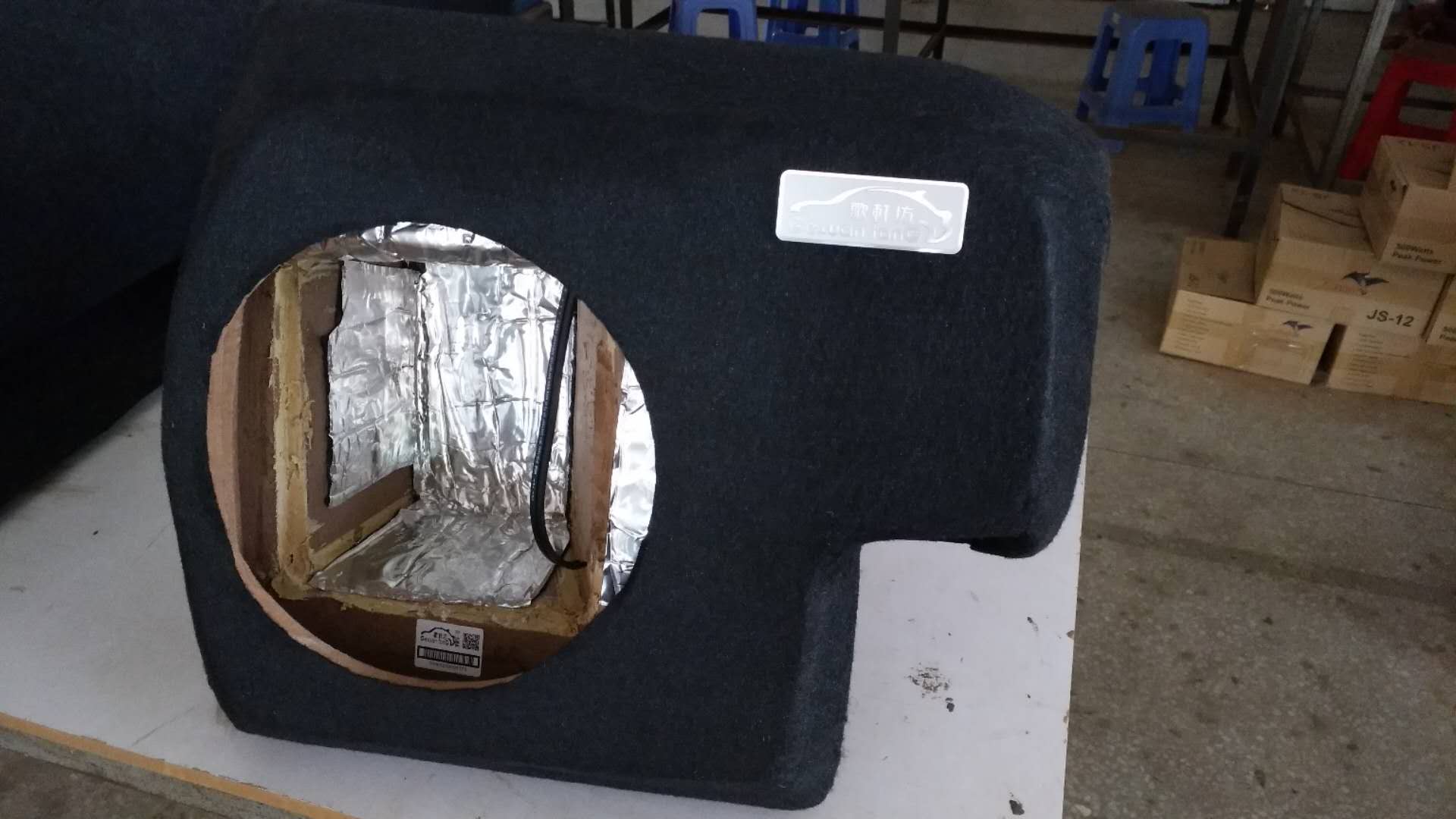Fixing legal loopholes urgent to safeguard 2024 elections from China's potential interference

Wang Haijun, front right, the operator of the Chinese restaurant Dongfang Mingzhu on the Han River in Seoul's southern district of Songpa, reads a prepared statement on Dec. 29 last year, denying allegations that he operated a secret Chinese police station there. Korea Times photo by Shim Hyun-chul
Current law stipulates North Korea as sole enemy, making it impossible for enforcement agencies to press charges on foreign agentsBy Kang Hyun-kyungIn April, a U.S. court sentenced a former Harvard University professor to serve time in prison and ordered a total fine of $83,600 for lying to federal authorities about his affiliation with China and the Wuhan University of Technology.
In Canada, a public probe was launched in September to investigate whether China, Russia and other countries interfered in its elections, held in 2019 and 2021, which saw the re-election of Prime Minister Justin Trudeau’s Liberals.
In 2017, years before North America was hit by China’s foreign interference scandals, an Australian senator quit his post amid suspicions that he was linked with Chinese donors.
In South Korea, no academics or politicians have been reported over suspicious ties with China.
Does this mean that South Korea is free of China’s interference in elections or incidents undermining its democracy?
No, say experts.
In South Korea, Cho Hyeon-gyu, a China expert and professor at Shinhan University in Uijeongbu City, Gyeonggi Province, said cases of China meddling in Korean politics or infiltrating universities and think tanks go undetected, mainly because of legal loopholes around the arrest and prosecution of foreign espionage.
“We have no law that can bring foreign agents to justice, even if their activities were detected,” he said during a seminar, titled “China’s Political Warfare: Cases in South Korea and Taiwan,” held on Monday in the Federation of Korean Industries building in western Seoul.

China expert Cho Hyeon-gyu speaks at a seminar held in the Federation of Korean Industries building in western Seoul on Monday. Courtesy of Epoch Times
Cho, who served as a military attache at South Korea’s embassy in Beijing before retiring, said most South Koreans are not aware of China’s so-called “unrestricted warfare” that infiltrates other countries and exerts influence on them.
Han Min-ho, a former director-general of the Ministry of Culture, Sports and Tourism who served as a moderator of the seminar, said South Korea’s response to China’s secret police station last year is a clear example showing how ill-prepared South Korea is in regard to China’s interference.
The National Intelligence Service (NIS) teamed up with the police and investigated the suspicious Chinese restaurant sitting afloat on the Han River in southern Seoul after being informed that it had served as China’s secret police station.
The crackdown came after Safeguard Defenders, a nongovernmental human rights organization based in Spain, disclosed that there were 108 secret Chinese police stations operating in 53 countries, including South Korea.
“The investigators learned that there’s no law in place they can apply to bring the owner of the Chinese restaurant to justice. So, the police booked him on charges of violating the law requiring people to get prior permission from the local municipalities before putting up outdoor advertising,” he said.
The Chinese operator, named Wang Haijun, denied the allegations that he operated a secret Chinese police station there and that he was involved in repatriating an unspecified number of Chinese nationals back to China.
Calling media reports about him and his restaurant “malicious reports,” he debunked the allegations and put up a statement on an electronic board near his restaurant.
Cho said the allegations about a secret Chinese police station were one of a few cases revealing Chinese interference in South Korea, stressing the known cases are the tip of the iceberg.
“China’s covert operations to exert its influence are underway at this moment in many different countries and South Korea is one of them. But very few of them are discovered,” he said.
“Universities, local governments and private and public entities, they are all targeted.”
He said he believes the South Korean government is aware of China’s covert operations to infiltrate several different sectors and entities. But he added that the government is cautious about detecting and cracking down on China’s foreign interference.
“I think the government didn’t want to hurt its relations with China any further because it is already strained. They think detecting and disclosing Chinese interference cases won’t help bilateral ties at all,” he said.
Cho blamed the “self-serving, shortsighted” National Assembly members for sitting idle on legislation to fix the loopholes on foreign agents.
“I think lawmakers are not interested in introducing bills to press charges on foreign agents because they know such a bill won’t help much to guarantee their reelection. They’re only interested in personal gains,” he said.
Cho’s allegations are partially true.
There was a bipartisan effort to fix the loopholes of the espionage law earlier this year.
The current law defines espionage as “activities aiming to benefit an enemy,” singling out North Korea as a sole enemy state. Accordingly, the law makes it impossible for law enforcement officials to crack down on foreign agents from countries other than North Korea.
Reps. Lee Sang-heon of the Democratic Party of Korea (DPK) and Cho Su-jin of the People Power Party (PPP) submitted their bills in January and February, respectively, to allow law enforcement agencies to arrest and press charges on foreign agents involved in suspicious activities.
However, these bills are currently pending without showing any signs of progress in the near future as the Office of Court Administration (OCA) put the brakes on these measures. The OCA’s rationale behind its opposition to the foreign espionage bill is that a law prohibiting leaks of military-related secrets is already in place and foreign agents involved in leaks of government secrets can be brought to justice under the law. The OCA also expressed concerns about the fallout on South Korean relations with foreign countries if such a bill gets the nod from the National Assembly.
Experts are urging the government to work swiftly on a more realistic policy response to cut foreign interference. Like the NIS warned earlier this year, they claim that China and North Korea are expected to beef up misinformation and they might already have worked on various covert operations to influence public opinion as the nation is to hold the National Assembly elections in April next year.





